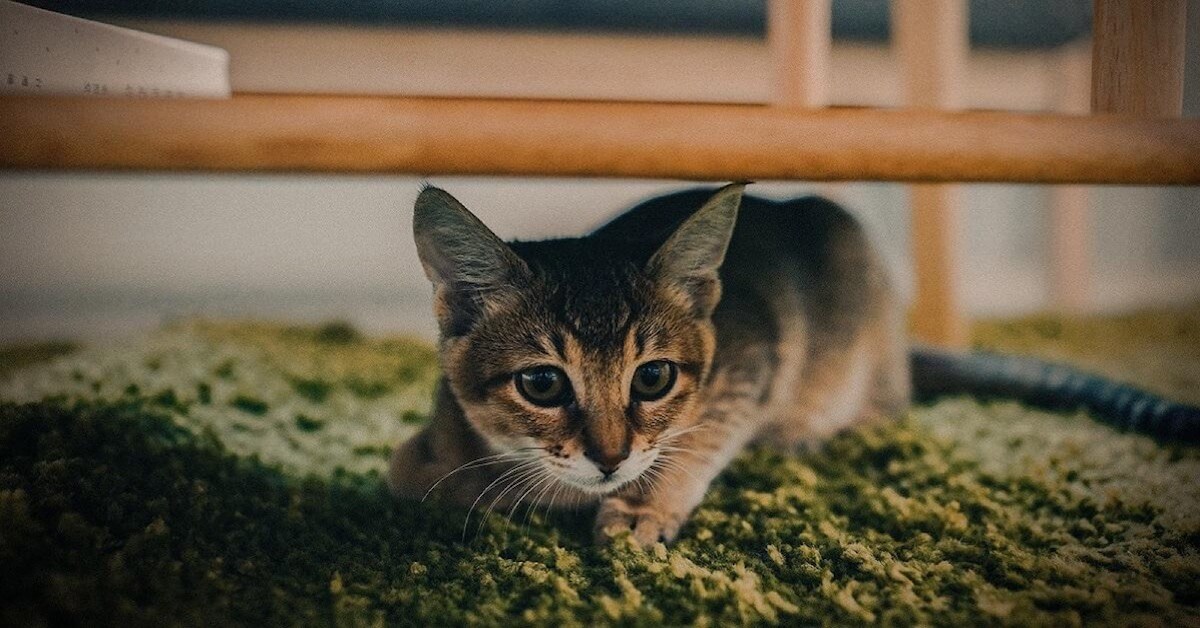Ever heard of the English phrase ‘scaredy-cat’? There is a reason why someone who looks tense and frightened is referred to as a scared cat. This is because cats are very sensitive to sounds and sudden movements, and cat anxiety is a real problem with serious repercussions to your cat’s well-being.
Hard to detect unlike a straightforward illness and capable of manifesting in various ways, it’s important that you take action to deal with a cat’s anxiety properly before it worsens. Keep on reading to understand what cat anxiety is and what are the preventive measures you can take!
What is cat anxiety?

Just like humans, cats develop and experience stress whenever they anticipate a threat, whether real or perceived. They react either by freezing up, fighting back aggressively, or taking off to avoid the situation.
A cat with anxiety may appear constantly stressed and afraid for seemingly no apparent reason, and one of the most common forms of cat anxiety is separation anxiety, in which your cat becomes anxious whenever it’s left alone or you’re out of sight.
Causes of cat anxiety
1. New environment
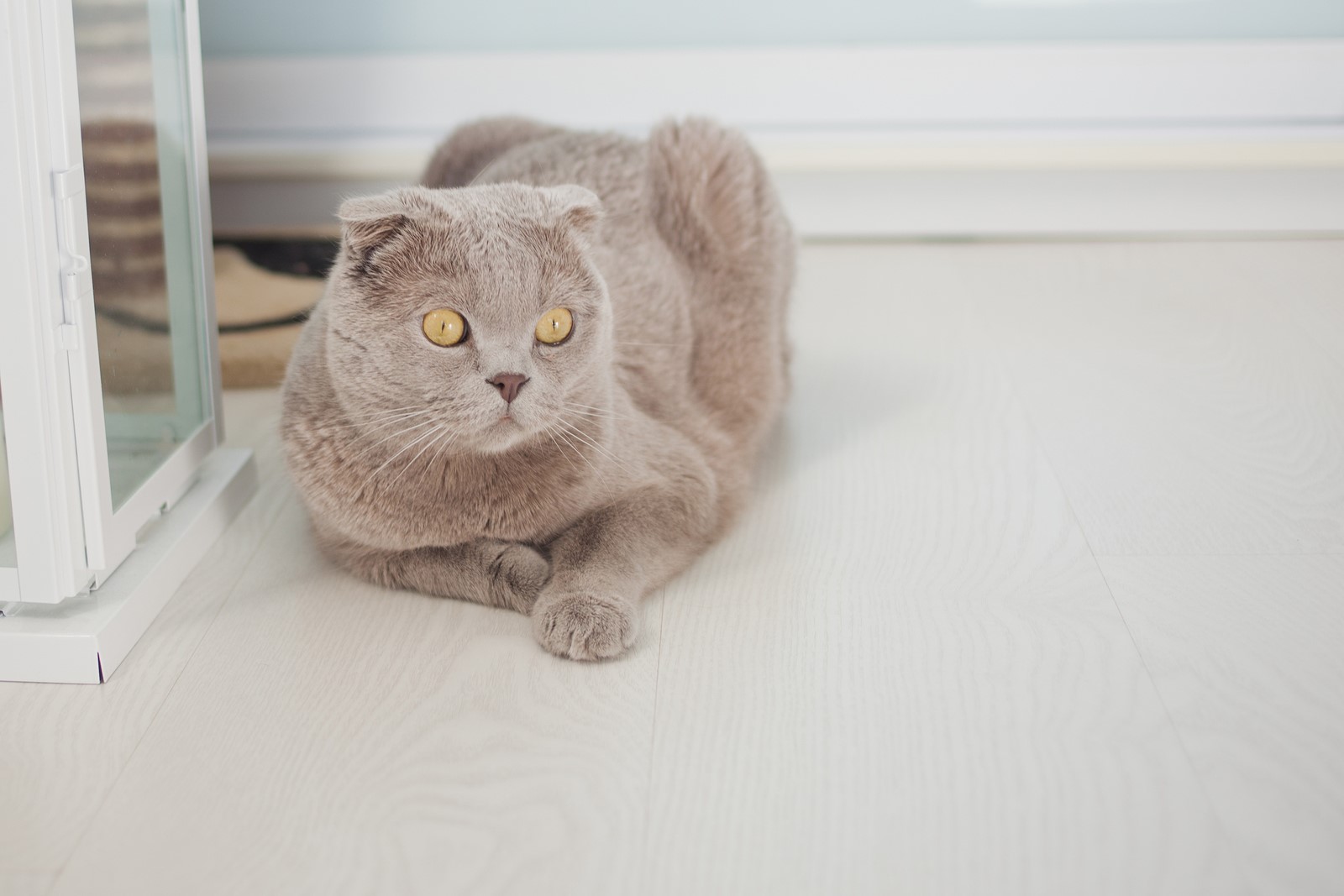
A cat will experience anxiety when they feel that their life is being disrupted, which includes moving to a new environment. Since most cats are highly territorial creatures, they tend to enter a state of panic at the thought of ‘losing’ their home.
If you’re shifting house, preventing the move is impossible, but you can certainly try to help your cat remain relaxed and stress-free by either keeping it in a room with their precious belongings (blankie, toy, and so on) or have someone accompany your kitty throughout the move. It’ll feel more at ease when there’s a sense of familiarity around them.
2. Ageing brain
As your cat starts to age, it’ll experience changes in its mental and physical health. For instance, it may start to develop feline senile dementia, otherwise known as Cognitive Dysfunction System (CDS). This will affect its memory, awareness, learning, and responsiveness, and may start to feel more irritable, withdrawn, or anxious.In such cases, it is important to remember that you’ll have to show extra care and affection to your kitty. Your furry friend may or may not reciprocate or remember the gesture, but it’ll certainly appreciate your love and attention at that moment.
3. New additions to the family
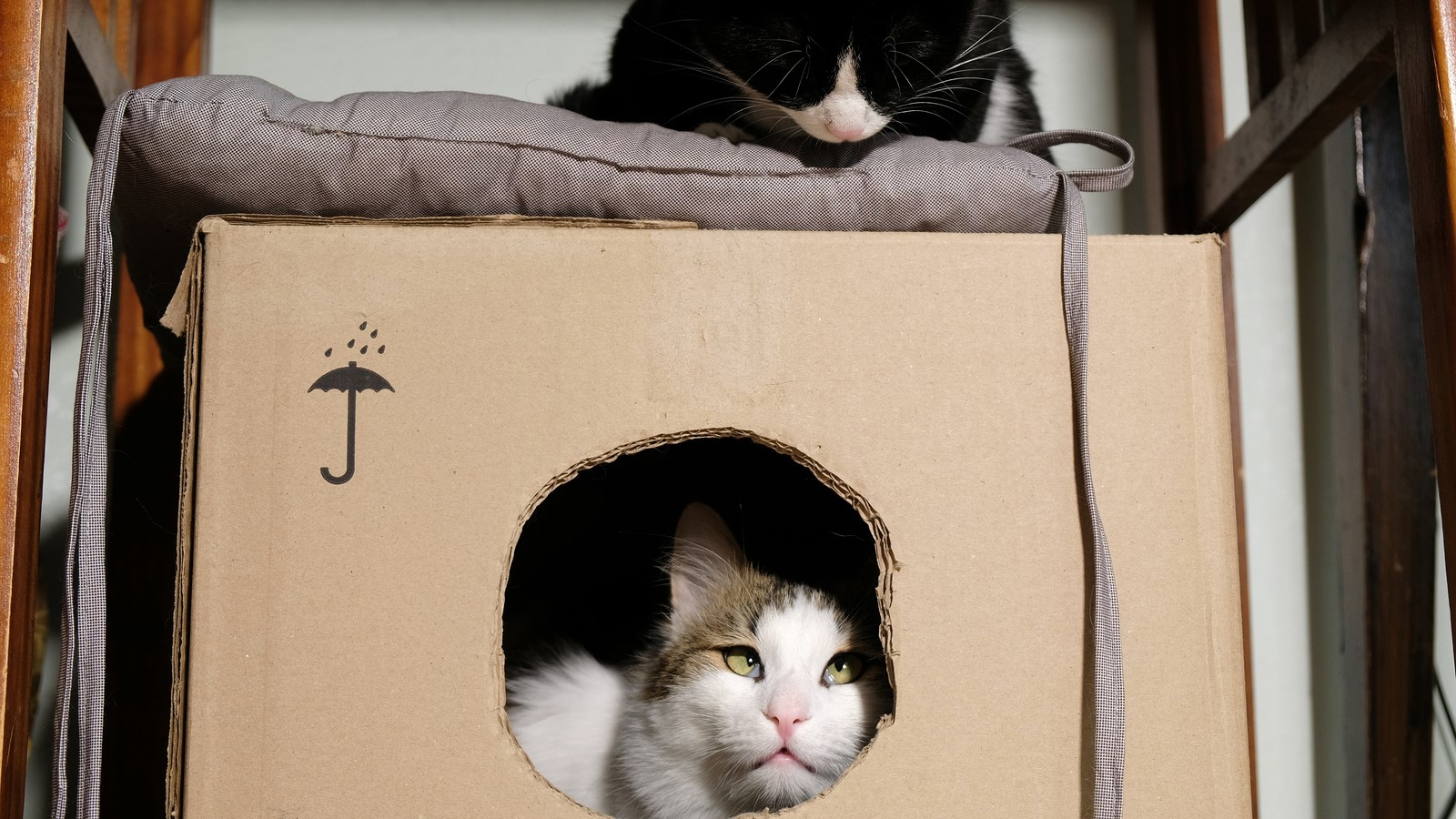
When introducing your feline to new family members, you can almost always expect the extreme opposite of either behaviour – excitement or anxiety.
In these cases, feelings should never be rushed. Let your cat befriend the new human or feline at their own pace – any forceful behaviour may only aggravate them or worsen the relationship between the two.
4. History of abuse or neglect
Before deciding on a pet, you should try your best to look through its past history. There should be information regarding their physical and mental health, and you should keep a lookout for indicators of possible anxiety, including past experiences of neglect or abuse, and a tendency to hide from others and distance themselves. If you do spot any, you have to be prepared to train and recondition your new pet with plenty of time, patience, and encouragement.
5. Loud sounds
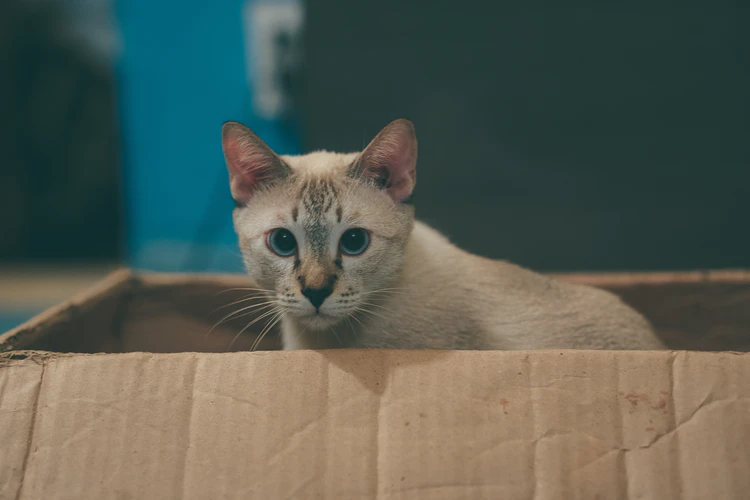
As mentioned before, cats are extra sensitive to loud sounds and sudden, blaring noises can instil fear in your cat when you least expect it. It could be due to fireworks, a clap of thunder, a car alarm, or even loud music.While you can’t protect your pet from every loud bang that happens, precautions for the ones that you know are going to happen – think thunderstorms and festive periods with lots of fireworks – include a ThunderShirt and a ‘safe’ spot for your feline. Cardboard boxes and high hiding places are always cats’ favourites, and all you need to do is to throw in some pillows, toys, and treats to make them comfortable.
Signs of cat anxiety
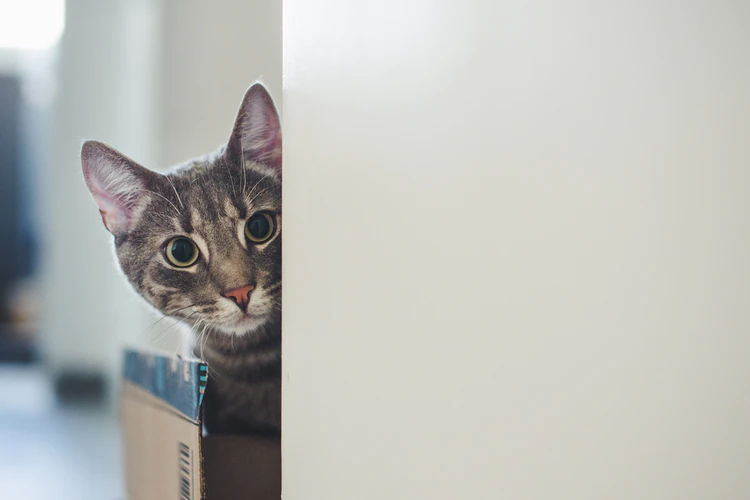
If you’re unable to figure out whether your feline is experiencing anxiety, here are a couple of symptoms to look out for. Do keep in mind that this list is not exhaustive:
- Urinating outside of allocated bathroom areas especially the litter box
- Aggression towards other pets in the house
- Hissing and crouching for nothing in particular
- Hiding under the bed, sofa, or other furniture
- Constant meowing or vocalisation
- Constantly grooming itself
- Extremely clingy and follows you around wherever you go
- Change in eating habits
- Trembling with eyes wide open and ears erect
If you notice any other unusual behavioural changes, do not hesitate to visit a vet in Singapore – they can assist you in pinpointing the cause and managing your cat’s anxiety! This is important because while it might seem like a minor issue on the surface, ignoring it may cause to turn into depression or other ailments instead. Always stay vigilant to any drastic changes in your cat’s behaviour and give them tender affection to calm their nerves down.

